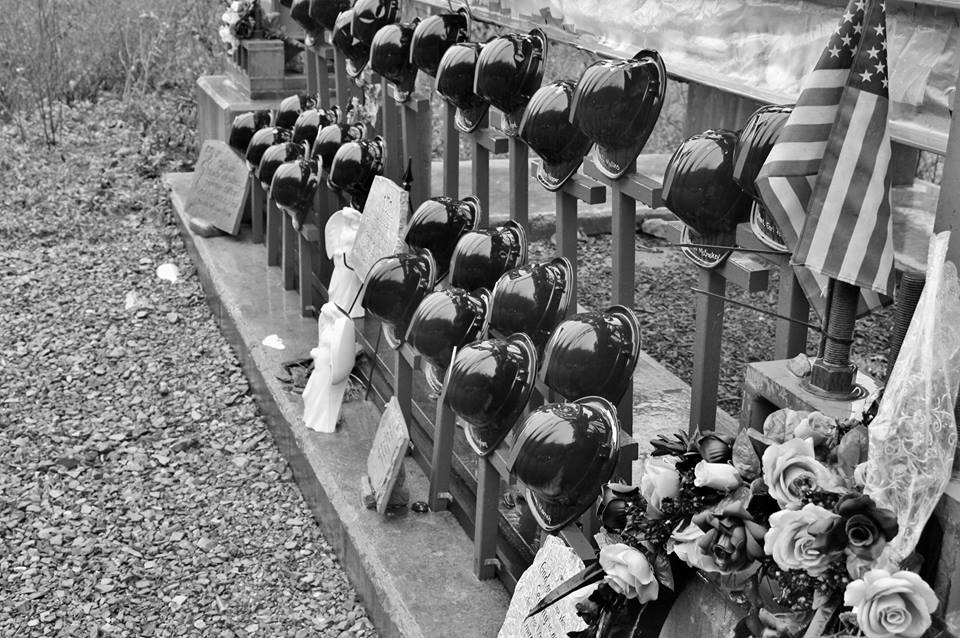Gallery with alias: PUBLIC_HISTORY_BLOG_POSTS not found

Memorials encourage us to quietly honor lost souls and to respectfully commemorate solemn occasions.
Designed to evoke calming reverence, tranquility, and decorum, memorials insist on a certain code of behavior: quite please, respect the dead, proper attire requested at this sacred site.
But memorials also pacify us, reminding us to hold our tongues. Shhh, this is not the place to bring “that” up. It’s too soon. Don’t be inappropriate. Respect the dead. Quiet please.
But what is “that” which we are not to talk about at memorials? It is, of course, their raison d’être, the real reason we gather at memorials to honor the dead. Here lies John Smith (killed by a drunk driver, but don’t mention that here and now).
Here lie 3,500 Polish Jews (murdered by Nazis, but don’t mention that here and now).
Here lie more than 70,000 Americans (who lost their lives during an opioid addiction epidemic enflamed by the pharmaceutical industry, but don’t mention that here and now).
Here lie 29 coal miners who lost their lives in West Virginia’s Upper Big Branch mine (killed because of depraved indifference to their lives motivated by corporate greed and corruption).
Shhh, this is not the place to bring that up.
Why not? What if memorials were more truthful about history? What if there were a bronze plaque at this memorial that read:
“Here we honor 29 souls who died because of the negligence of mine owner Don Blankenship, who despite being indicted by a federal grand jury on four criminal counts, including conspiracy to violate safety laws, defrauding the federal government, securities fraud and making false statements to the United States Securities and Exchange Commission, was only convicted of a single misdemeanor charge of conspiring to violate federal mine safety standards, for which he served only one-year in prison.”
At The Social Voice Project, we encourage critical readings of the voices and stories of our time, including the ones written through public history sites such as this miners’ memorial. To us, the stories we choose not to tell–and why–are just as meaningful.
This post is inspired by a Facebook social media post by “Remember the Miners” on April 5, 2019:
PUBLIC HISTORY MATTERS
At The Social Voice Project, we celebrate history and people through our community oral history projects that give us a chance to look, listen, and record the voices and stories of our time. We encourage all local historical societies and museums to capture, preserve, and share their communities’ lived experiences, memories, customs, and values. Future generations are depending on it.
Contact TSVP to learn more about our commitment to public history and community oral history projects.
MORE ESSAYS & THOUGHTS ON PUBLIC HISTORY

You must be logged in to post a comment.